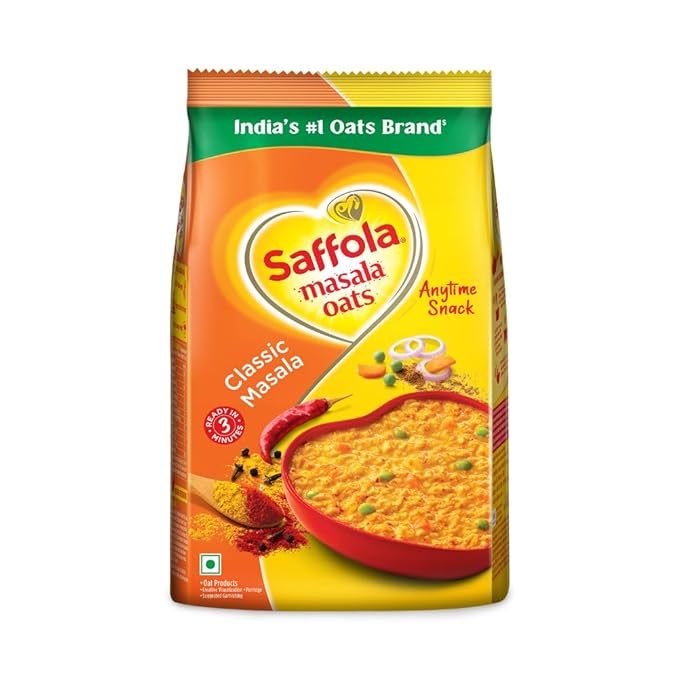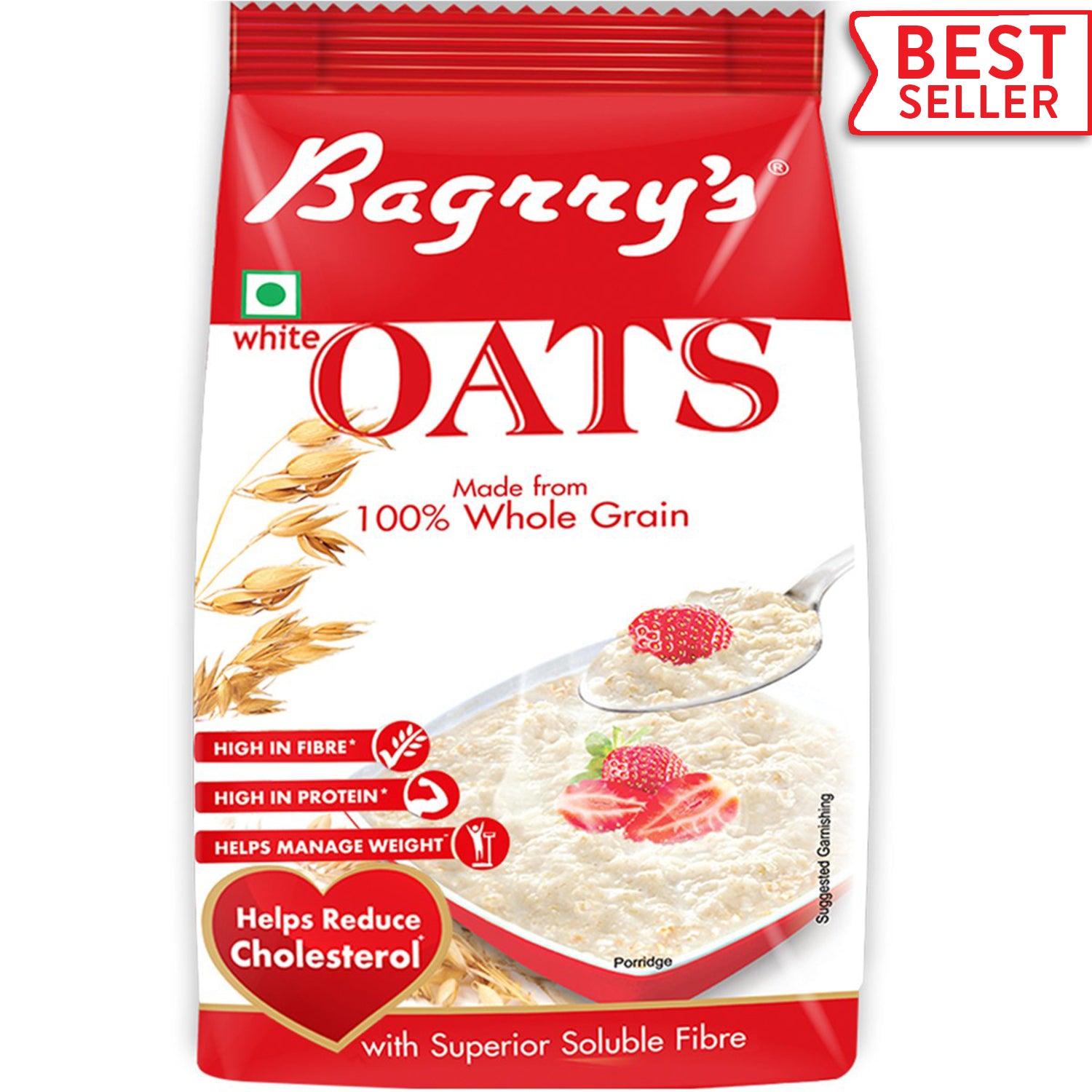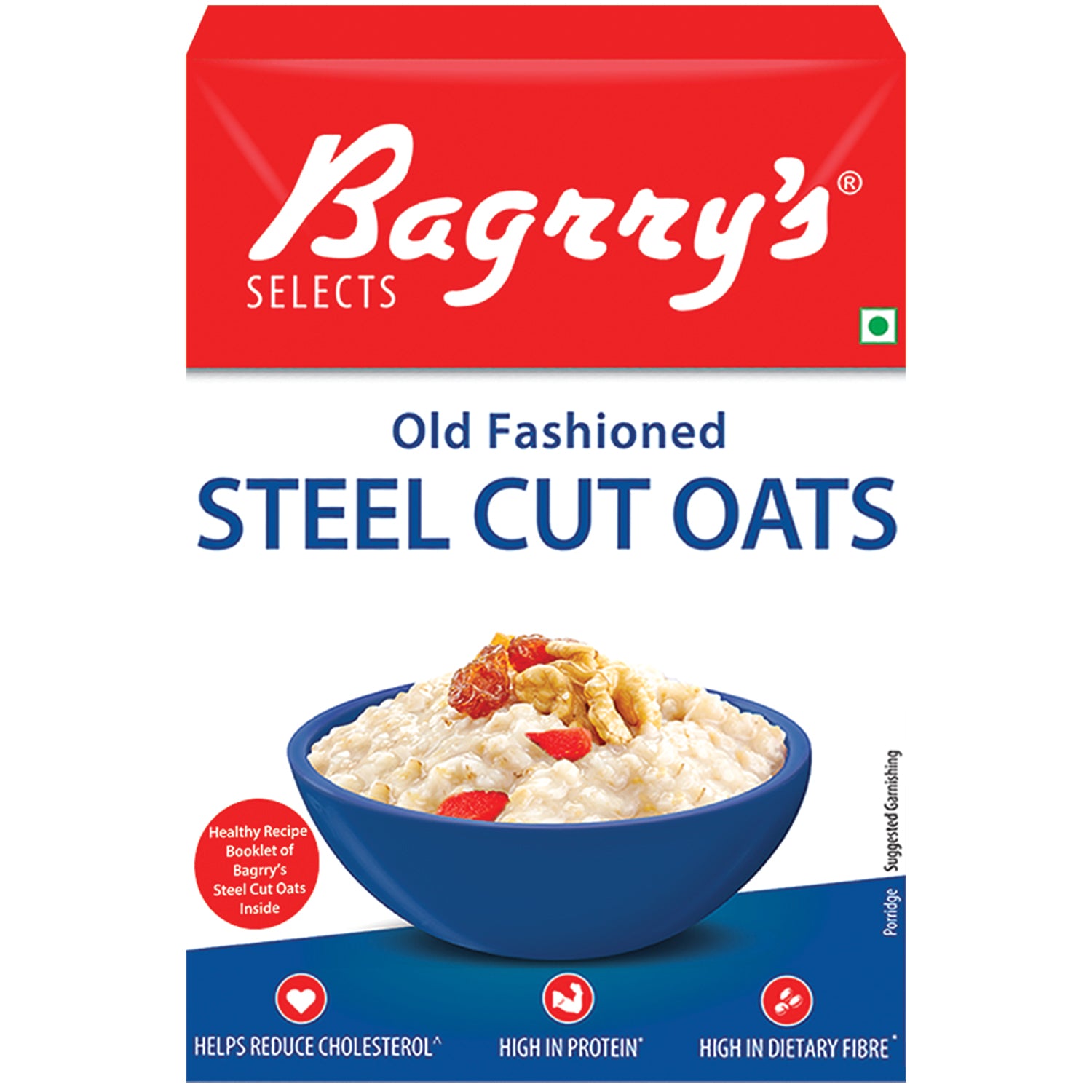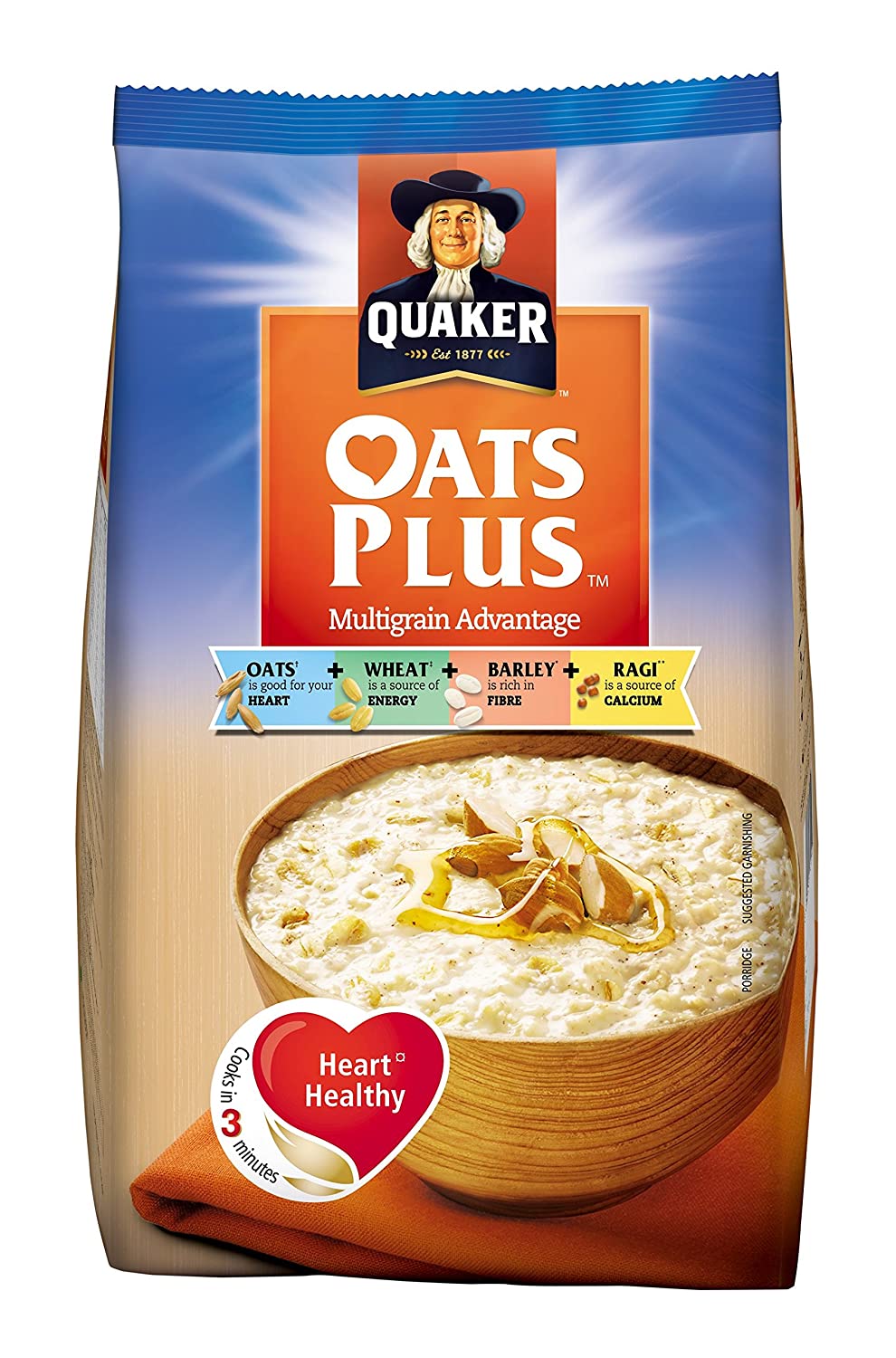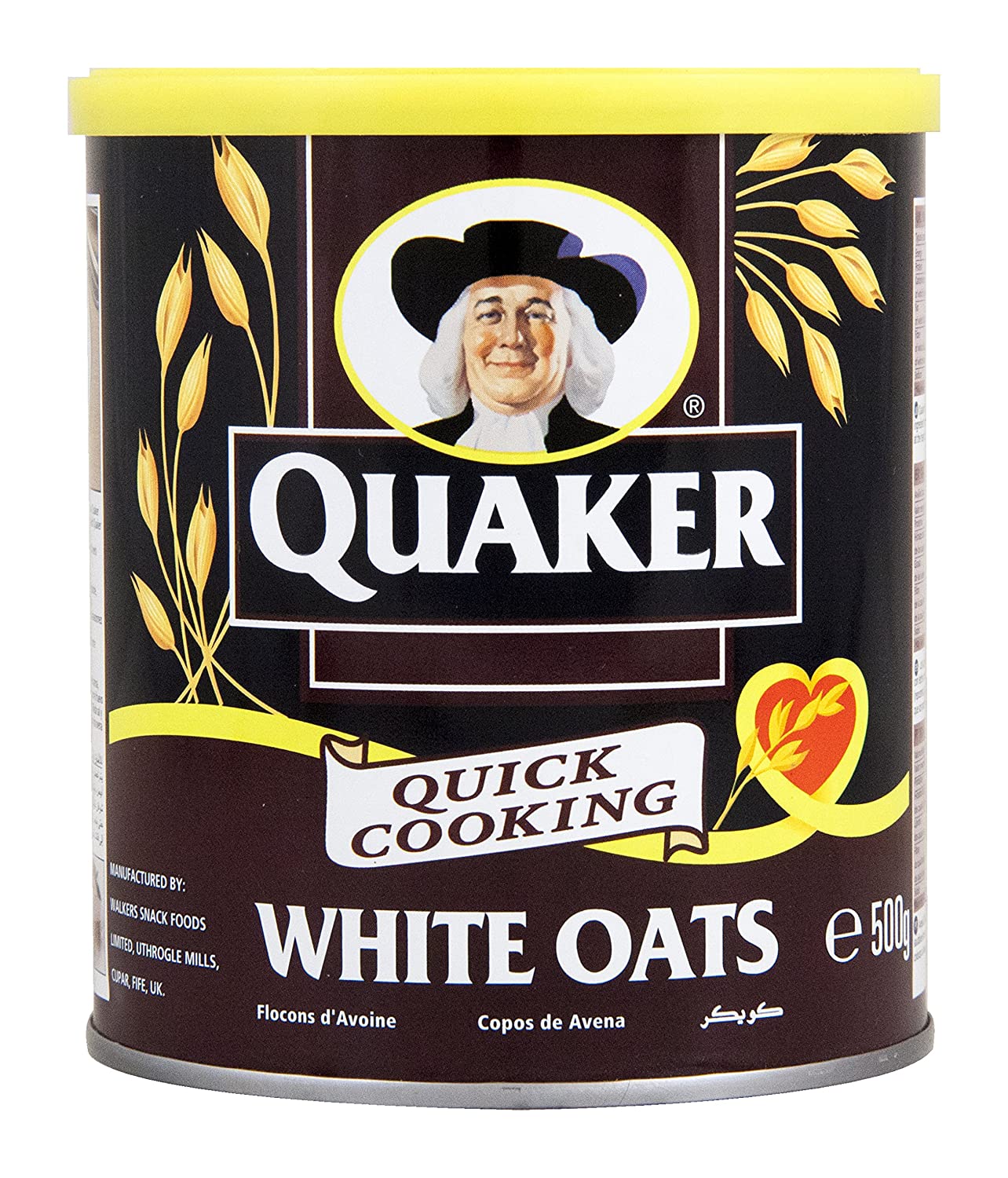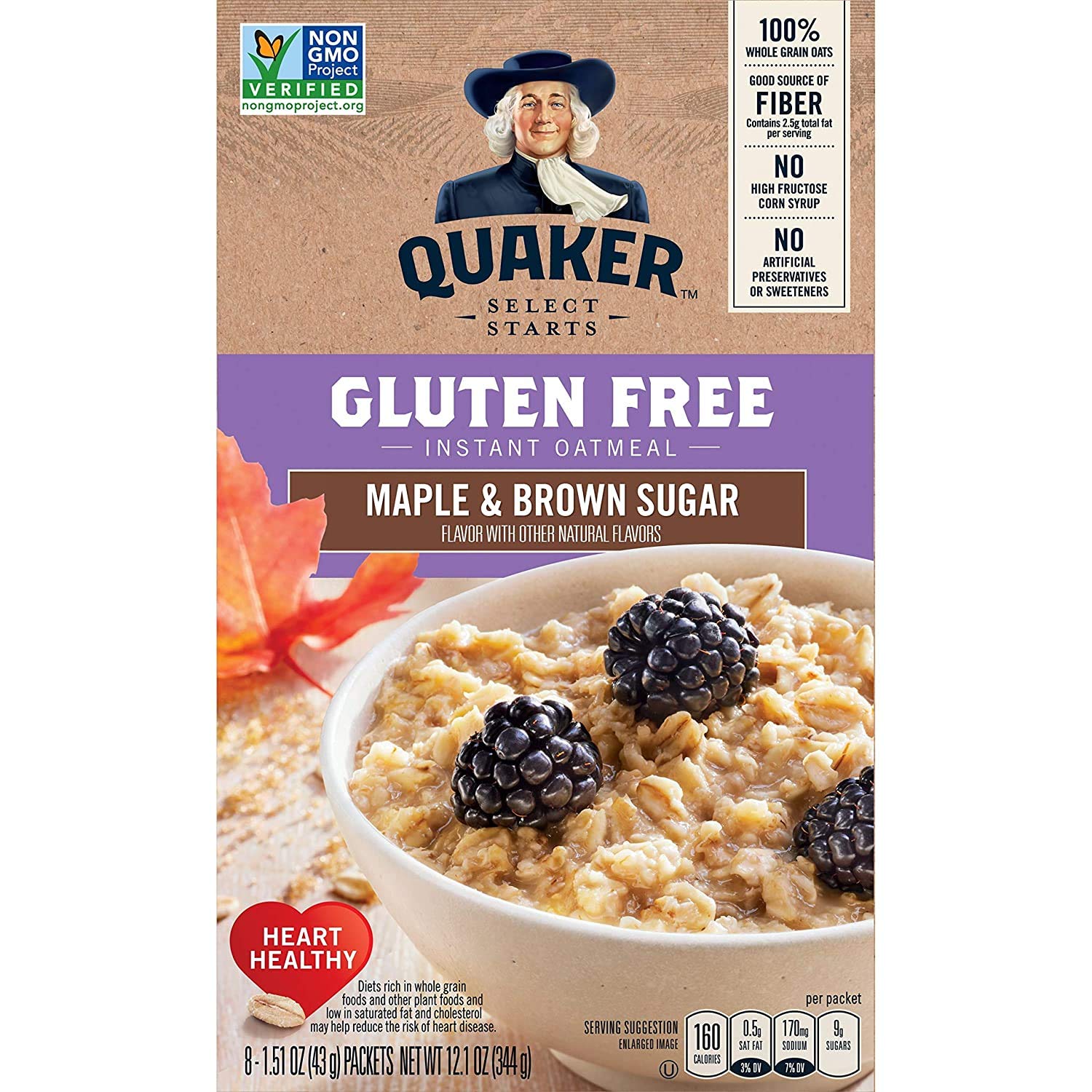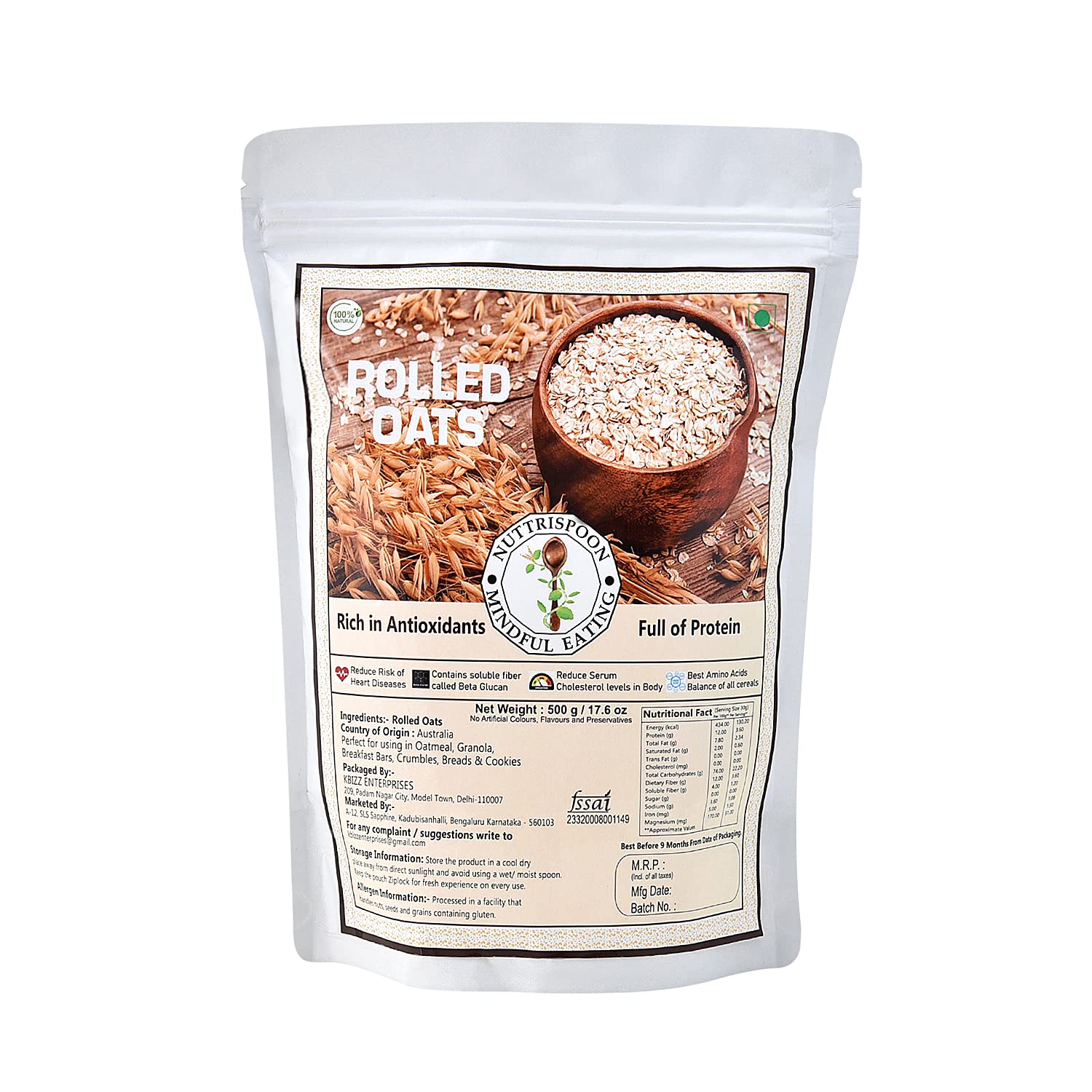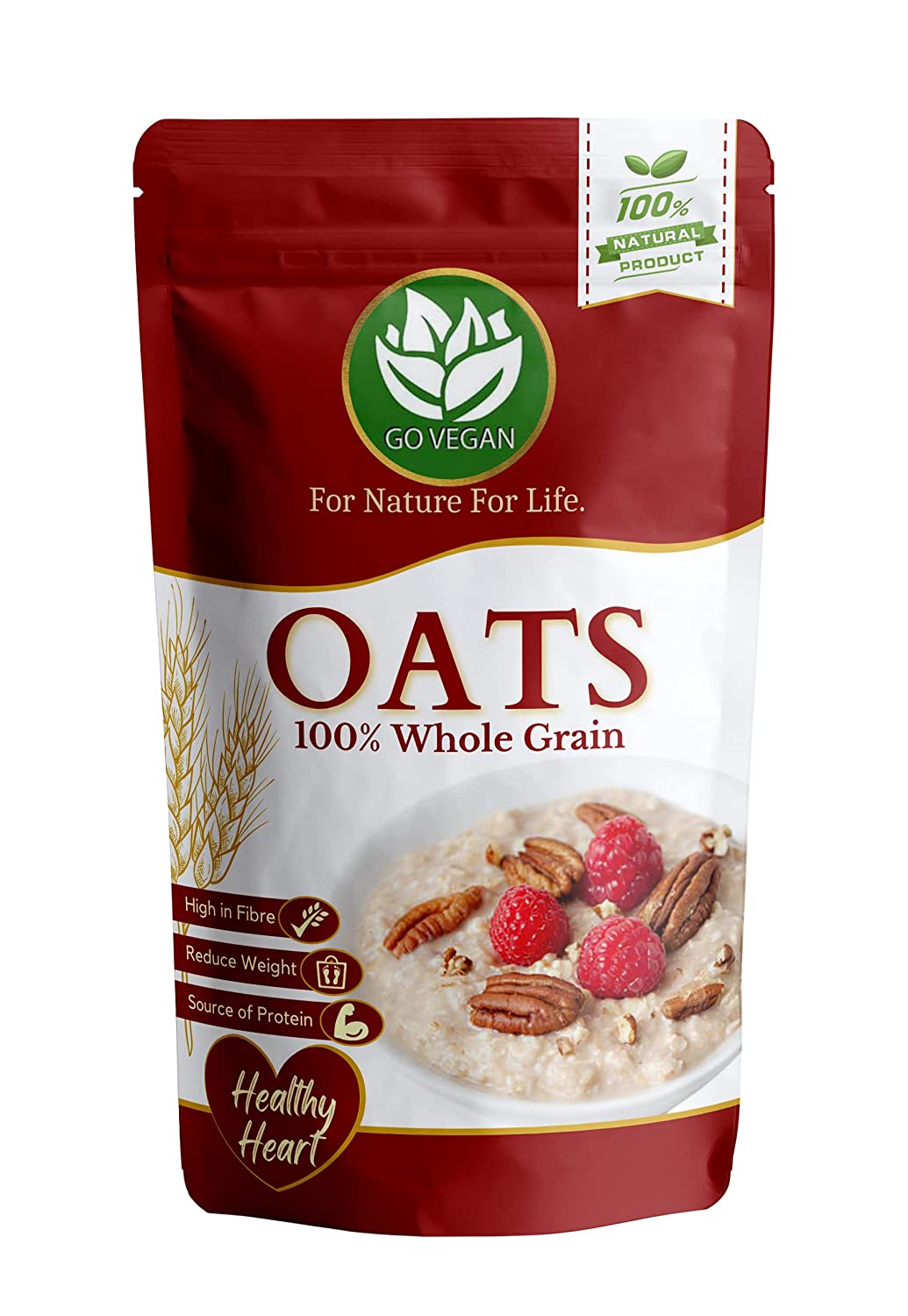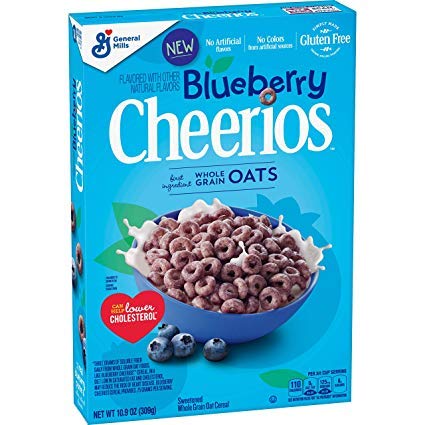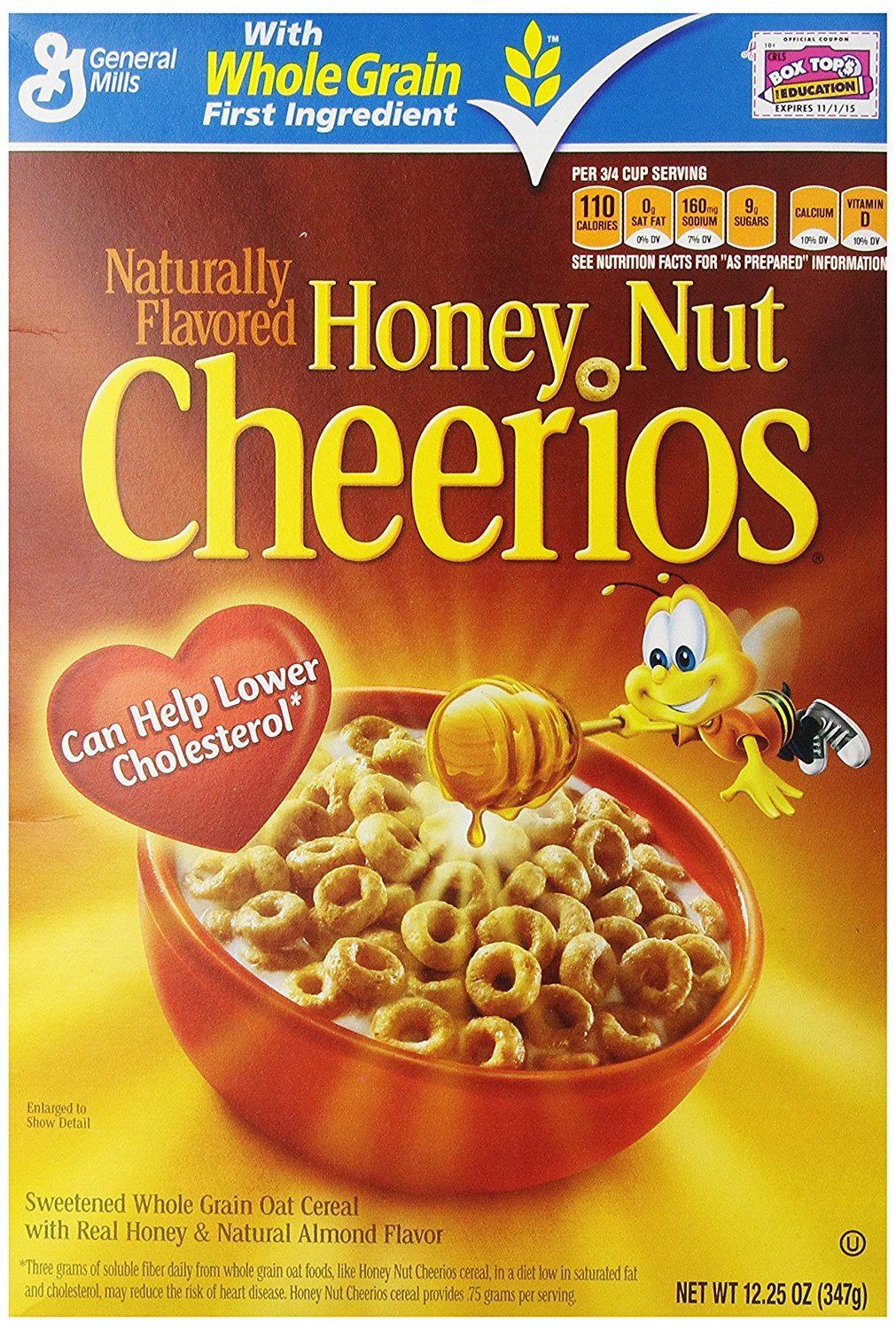Soluble Dietary Fibre
Macronutrient
Last update date: October 11, 2023
Soluble dietary fibres are fibres that absorb water to form a gel-like material and help to reduce LDL cholesterol levels.
Frequently Asked Questions
1.
What is Soluble Dietary Fibre?
Soluble fiber is a type of dietary fiber that dissolves in water, forming a gel-like substance in your digestive system. It is found in plant-based foods and offers benefits such as improved digestion, heart health, and blood sugar stabilization. Including soluble fiber in your diet supports overall well-being.
2.
What is positive impact of Soluble Dietary Fibre?
Including soluble dietary fiber in your diet can have several positive effects on your health. It can: Aid in lowering fat absorption and assist with weight management. Help lower cholesterol levels, reducing the risk of heart disease. Stabilize blood sugar (glucose) levels, which is beneficial for diabetes management. Reduce the risk of cardiovascular disease, including heart attacks and strokes. Provide nourishment to the beneficial bacteria in your gut, promoting a healthy digestive system.
3.
What is negative impact of Soluble Dietary Fibre?
While soluble dietary fiber offers numerous benefits, consuming excessive amounts or introducing it too quickly into your diet can lead to certain negative effects. These may include: Stomach issues, such as bloating, gas, and abdominal discomfort. Diarrhea, particularly if you consume too much soluble fiber without enough fluids. Intestinal issues, such as cramping and increased bowel movements. Constipation, especially if your fluid intake is inadequate. Low absorption of certain nutrients, such as minerals, due to their binding with fiber.
4.
Who should avoid Soluble Dietary Fibre?
While soluble dietary fiber is generally beneficial, there are specific individuals who should exercise caution or avoid it: If you have digestive issues, such as irritable bowel syndrome (IBS) or inflammatory bowel disease (IBD), soluble fiber may worsen your symptoms. Consult with your healthcare provider for personalized guidance. Individuals with gastroparesis, a condition where the stomach muscles don't function properly, may find that soluble fiber exacerbates their symptoms. Seek medical advice for appropriate dietary recommendations.
5.
What are common sources of Soluble Dietary Fibre?
To incorporate soluble dietary fiber into your diet, consider including these nutrient-dense foods: Nutrient-dense fruits, such as berries, kiwi, bananas, mangoes, and passionfruit, provide a good amount of soluble fiber. Non-tropical fresh fruits and dried fruits, including apples, apricots, dates, prunes, and cherries, are excellent sources of soluble fiber. Nuts, seeds, and their butters, such as almonds, chia seeds, hazelnuts, hemp hearts, peanuts, pistachios, sesame seeds, and walnuts, contain soluble fiber. Legume family crops like kidney, pinto, black, and lima beans, lentils, split peas, chickpeas, and edamame are rich in soluble fiber. Whole grains like oats, barley, rye, buckwheat groats, quinoa, and bulgur wheat provide a good amount of soluble fiber. Tuberous root veggies and rhizomes, including potatoes, sweet potatoes, yams, Jerusalem artichokes, jicama, taro, and cassava, are also good sources of soluble fiber. Remember to include a variety of these foods in your diet to ensure you receive the benefits of soluble dietary fiber.


